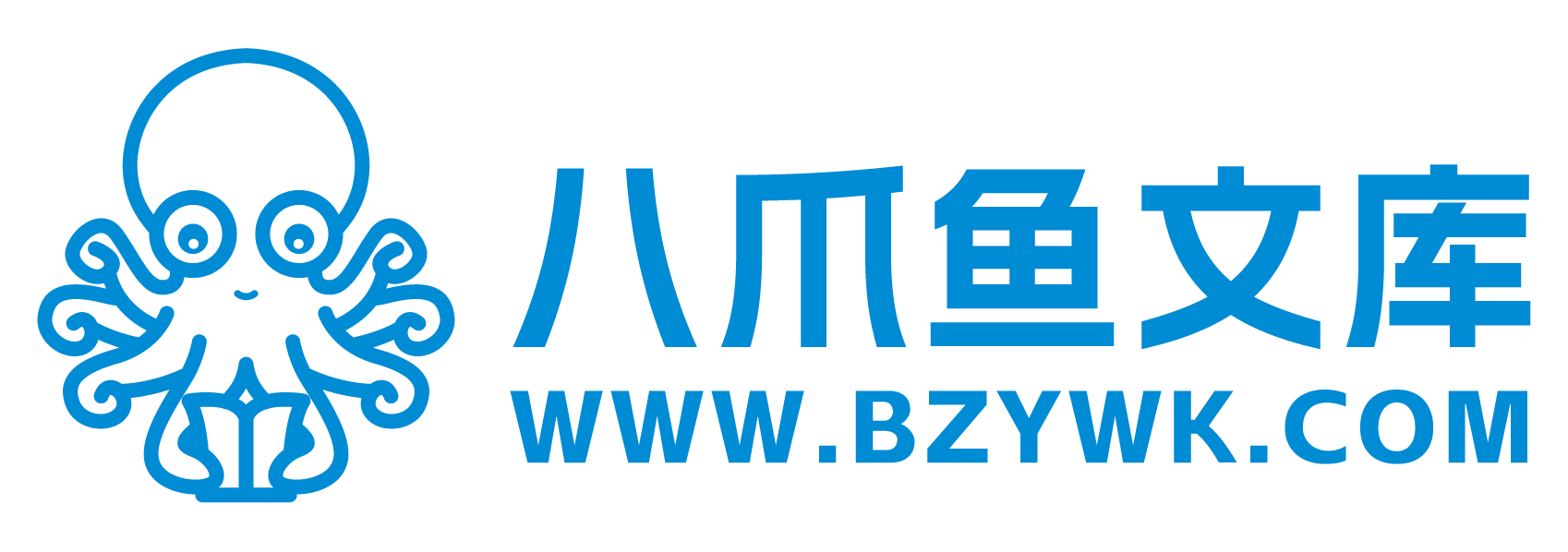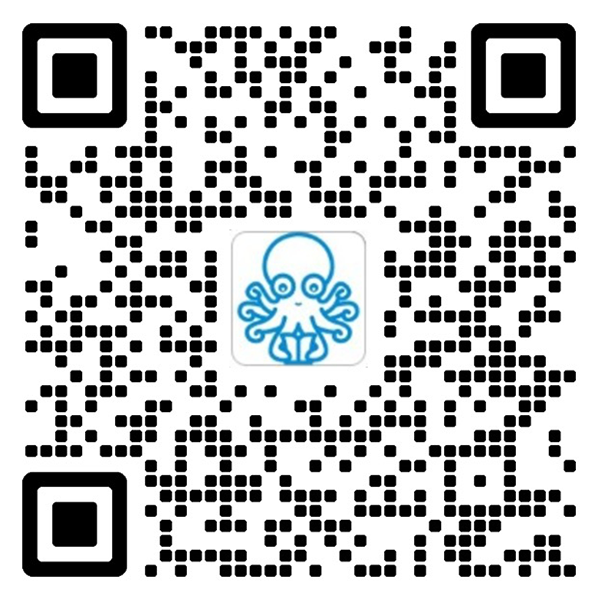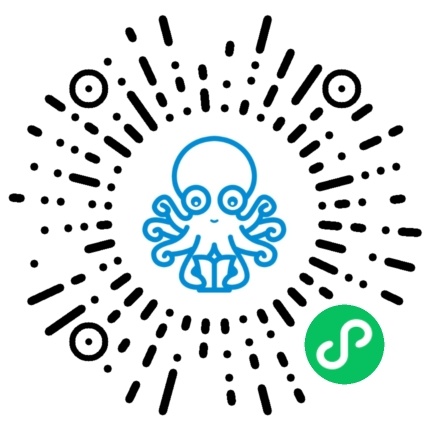小学
英语语法知识
英语动词4种时态:
1、一般现在时:常与表示程度或频度的词连用,如:often(经常)
usually(通常,一般),sometimes(有时),always(总是,
直),never(从不),表示经常性或习惯性的动作,表示现在的特征或
状态,表示普遍真理。用动词原形表示,第三人称单数后,动词要在
词尾加s(或es,或变y为i再加es)。如:Ioften get up at 7:00.
He often gets up at 7:30.
2、现在进行时:表示现在或现在这一阶段正在进行的动作。用 am /
is /are 加 动词 ing 形式表示,如:What are you doing? I am reading a
book. What is he doing? He is singing.
3、一般将来时:常与表示将来的时间连用,如:tomorrow,next
week ,next year 等,表示将要发生的动作或情况。用 am/ is/ are 加
going to 形式表示 , 如 : What are you going to do tomorrow? I'm going
to ride a horse.用will 加动词原形表示,如 :What will you do next
Sunday?I will go shopping.用 am/ is/are 加动词 ing 形式表示,如:
What are you doing tomorrow? I'm going bowling.
4、一般过去时:经常与表示过去的时间连用,如:yesterday,last night
等,表示过去某时发生的动作或情况。动词要用动词的过去式。如:
Who was first? Ken was first.
Where were you yesterday? I was at home.
What did you do yesterday? I went to school.
形容词的比较级和最高级:
1、单音节词:比较级加 er,最高级加est.如:tall—tallerthe tallest,
He is taller than his brother. Tom is the tallest in his class.
2、多音节词和部分双音节词:比较级加more,最高级加 the most.如:
interesting----
----more interesting----the most interesting,
Music is interesting subject. P.E. is more interesting than music..
Science is the most interesting subject.
形容词变为比较级的变化规则:(1)一般情况下,在形容词的词尾
直接加 er。 如:tall—taller short-—shorter.(2)以字母 e结尾的形容词 ,
在词尾直接加r,如:nice一nicer.late一—later(3)以重读闭音节结尾,
且结尾只有一个辅音字母的词,先双写这个辅音字母,再加 er.如:
big—bigger thin一—thinner fat一—fatter(4)以辅音字母加 y结尾的双音节
形容词,先变y为i,再加er。如:easy—easier heavy—heavier funny
-funnier.(2)、部分形容词比较级的不规则变化:good一better
wellbetter bad—worse badly—worse many—more much—more little
-less far—farther
动词ing的变化规律:
1)直接加 ing ,如 :open-opening, clean-cleaning, meet-meeting,
sing-singing, study-studying, .
2)去掉词尾不发音的e,如:take-taking,close-closing,come-
coming, drive-driving, have-having, use-using, write-writing, practice-
第1页共5页
practicing,
3)重读闭音节的,双写最后的字母,加 ing,如:sit-sitting,put-
putting, begin-beginning , get-getting, swim-swimming, run-running, cut-
cutting, become-becoming, ..
主语是第三人称单数时一般现在时动词的变化规律(与名词变复数规
律相同):1)直接加 s ,如 :cook-cooks,come-comes,close-closes,
2)以 o, x, s, sh, ch 结尾+es , 如: teach-teaches, go-goes, do-does, catch-
catches, wash-washes, brush-brushes, miss-misses, ..
3)辅音字母加y结尾,把y改为i,+es,如:fly-flies,worry-
worries, carry-carries, :
4)以f或fe结尾,把f或fe,改为v+es.
5)特殊:have-has,·
6)家庭、亲属和朋友:姓名、年龄、地址、特点与爱好:与你的关
系
words:
family,
grandfather(grandpa/granddad),
grandmother(grandma/grand mum), father, mother, brother, sister, uncle,
aunt, cousin, friend
相关句型: 1) Is he/she Tom's cousin? Yes, he/she is. No, he/she isn't.
2) Who's he/she? He's/She's my friend.
3) How many people are there in your family? Who are they?
There are four, my father, my mother, my brother and me.
注意:1)名词单复数,如:family-families;
名词单数--复数规律:
(1)1)直接加s,如:boy-boys,term-terms,
2)以o, , s, sh, ch 结尾+es ,如: box-boxes, class-classes, glass-glasses,
coach-coaches, dress-dresses, fax-faxes, inch-inches, match-matches,
3)辅音字母加 y结尾,把y改为i,+es ,如:baby-babies,
lady-ladies, factory-factories, peach-peaches, library-libraries, watch-
watches ,
4)以f或 fe结尾,把f或 fe,改为v+es:leaf-leaves,knife-knives,
wife-wives, shelf-shelves, ..
5 )特 殊 : man-men, policeman-policemen, woman-women, child-
children, goose-geese, tooth-teeth, foot-feet,
6) 不变: hair, milk, tea, coffee, water, bread, rice, paper, juice, meat,
people, fish, sheep, ..
【小升初】英语总复习-小学英语语法知识







